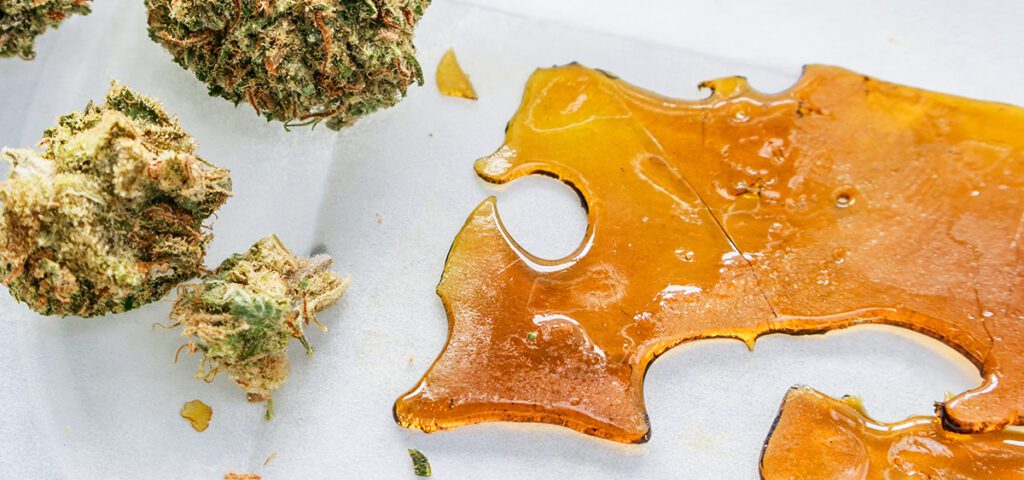The Vermont Cannabis Control Board is recommending the state drop THC potency caps for cannabis concentrates, arguing the limits will create a black market monopoly and lead cannabis companies to dilute their products with potentially dangerous filler.
Vermont Cannabis Regulators Recommend Dropping THC Potency Caps

Full story continued below.
Advertisement
The Vermont Cannabis Control Board is recommending the state remove its THC potency caps for cannabis concentrates, VT Digger reports.
The three-member board issued a draft report highlighting the following primary issues with the THC potency caps, which lawmakers have set at 60% THC:
- The use of THC caps will give the illicit market a monopoly on highly potent concentrates.
- Forcing operators to create only low-potency concentrates would necessitate the use of filler for the products.
“There is no knowing for certain what manufacturers would use for filler if forced to dilute their products to meet potency limits.” — Cannabis Control Board, in its report
Potential filler products could include fats, oils, terpenes, or other cannabinoids, according to the report. But there is no guarantee these fillers would be any safer than allowing high-potency THC products and, in fact, they could prove to be more dangerous, “as seen with the EVALI crisis,” the Board said, referring to the once-widespread vaping-related lung disease that federal regulators traced back to unregulated vape cartridges, which used vitamin E acetate as a filler for product consistency.
Vermont‘s THC potency caps were originally included as a last-minute change by House lawmakers to a Senate-approved bill — the amendment followed an abrupt change in stance by the Vermont Department of Health.
Senators said they would move the bill back to a conference committee but the legislative session was ending soon and the House’s amendment ultimately stayed.
The Board, which has previously recommended dropping the Legislature’s added THC caps, suggested the following steps in its report:
1. Remove the potency cap for solid concentrates.
2. Authorize consumer education campaigns and youth prevention programs.
3. Use a portion of the revenue at the Department of Health for substance misuse prevention programs to fund these education programs.
4. Make public health information, including safe dosage information, readily available.
Of all the U.S. states which have legalized adult-use cannabis, only Vermont and Connecticut have enacted THC potency caps for concentrates.
Get daily news insights in your inbox. Subscribe
End